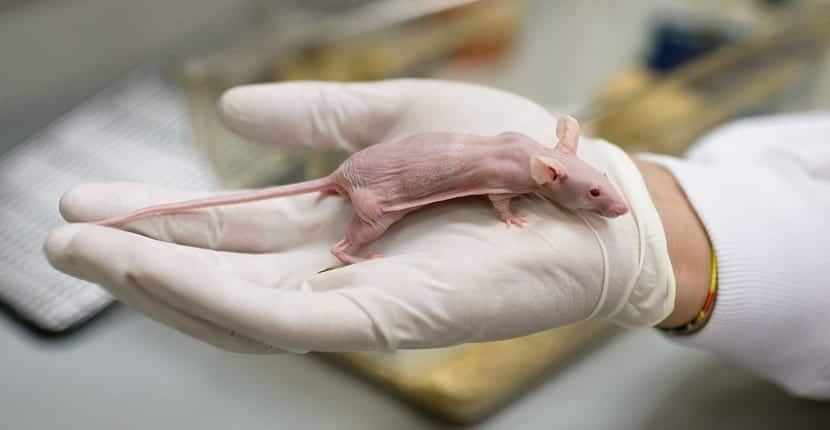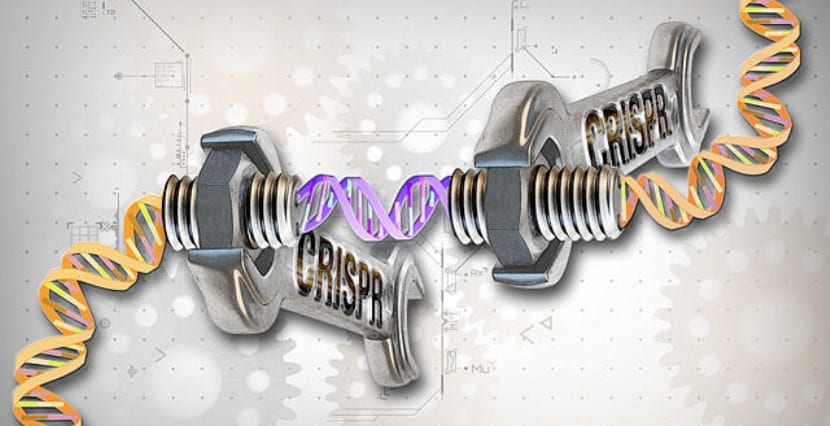
If you have ever experienced a case of deafness in your family, surely a doctor or specialist, before even starting to work, will have warned you that precisely the ear is one of the most complex systems that the human being has had to faceSuch is the case that when it breaks, fails or degenerates, it is practically impossible to repair.
With this in mind, today I want to tell you about a new advance achieved by a group of researchers made up of scientists from China and the United States, thanks to technology. CRISPR, cure congenital deafness making use, for this purpose, of a single injection.

Using CRISPR, a group of researchers may have been able to find a cure for congenital deafness
Going into a little more detail and especially taking into account what was published in the paper resulting from this research, it seems that scientists have had to work to find a difference between the genome affected with this special type of deafness with one extracted from a healthy person . The result was the location of a tiny mutation of the TMC1 gene which causes this gene to produce a protein that degenerates the cilia.
Apparently it is precisely this degeneration of the cilia, responsible for converting sound into nerve impulses, which finally causes what is known as congenital deafness. To give us an idea, just tell you that the mutation is tiny, so much so that a healthy copy of the gene differs from a string with a mutation by just one letter. Once the problem was located, through more than meticulous work, a cure had to be found for it.

It takes only one parent to have this problem for their child to inherit it
So that we understand a little better the problem of congenital deafness, just tell you that, according to scientists, it seems that it is only necessary for one of the two parents to have it. This is enough to pass on to your children. As you will surely be imagining, although it seems the opposite, the truth is that we are facing a mutation that is much more common in society than we might believe.
As commented in statements Fyodor urnov, one of the authors of this work and professor at the Altius Institute for Biomedical Sciences in Seattle:
It is as if two singers are doing a duet. If one of you misses, it must be selectively muted in order to hear the correct melody. We cannot stop both singers at the same time, because that melody would cease.
By this, what Fyodor Urnov basically means is that in his search for a cure, not only did he have to deactivate the gene that suffered a mutation, but he also had to know precisely what it was.

The results of this work have excited the entire scientific community
In order to find a cure, the scientists who have worked on the project apparently used a small RNA sequence to identify the gene that should be deactivated. Thanks to this, as a result of the action, the mutation that produced the protein that caused congenital deafness was deactivated.
At the moment it must be borne in mind that this project is in a very early phase of its development, although the results achieved are more than satisfactory. For now the first tests have been carried out on newborn mice which, after being treated and after four weeks the small mice already had the ability to respond to sounds of up to 15 decibels.
Despite that research still has a long way to go until this hearing problem can be treated in humans, the truth is that, as the scientific community itself indicates, we are facing an unprecedented advance since literally the results have very excited all the researchers who today work to find the solution to certain medical problems using genetic engineering .